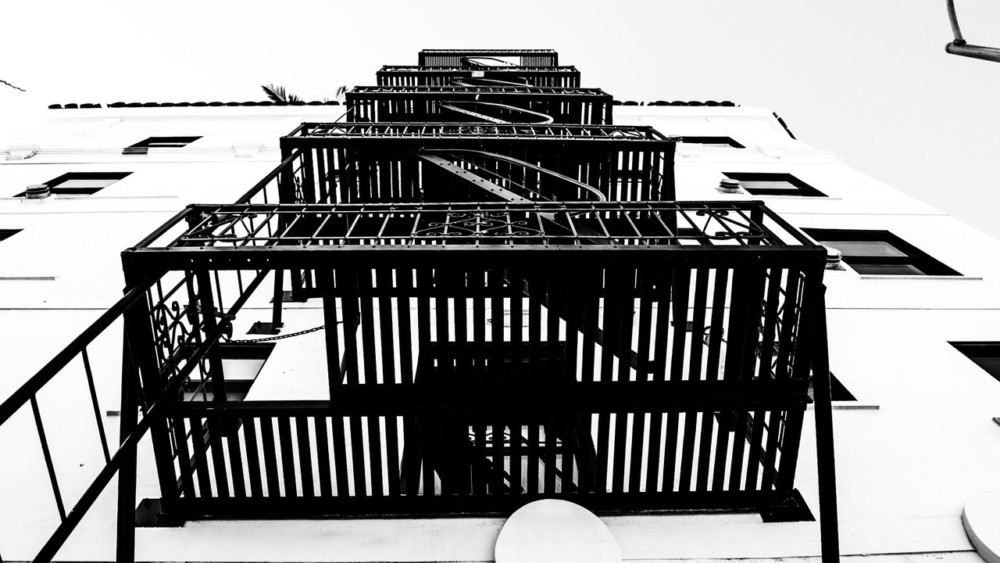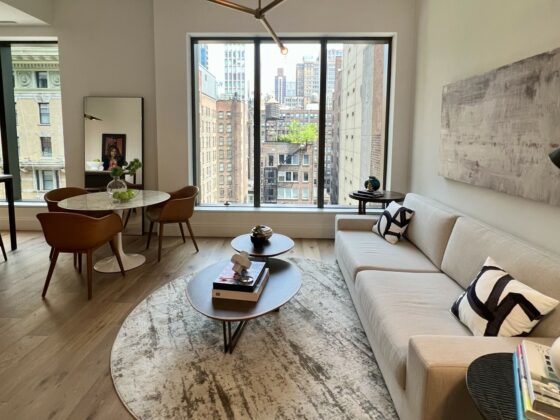Table of Contents Show
In such a hot market as NYC, finding an apartment to rent can be so tricky that you jump at the first opportunity to grab one. New York City’s landlords tend to be picky about prospective tenants. They ask for multiple pieces of identification, your financial records, and even letters of recommendation from previous landlords before they also present you with a lease to sign.
But rather than jumping before you look, why not take a leaf out of the landlord’s playbook and do your research. Knowing what you’re getting into before you sign a lease is essential. At first glance, a home might seem perfect, but if something is wrong, you could be in for a long year. Fortunately, there are plenty of online recourses to help you research the building and landlord before you sign on the dotted line. Make sure you do the right research before you risk your money and patience.
How to research your landlordHow to research your landlord
Most landlords in NYC are decent people, but there are a few to watch out for. Thankfully, it’s pretty easy to determine who they are. The office of New York City Public Advocate Letitia keeps a landlord watchlist of the worst landlords in the city. A list of the city’s 100 worst landlords allows you to search by landlord/management or building name. It also lists the top ten worst buildings in the city. If you see a property on the list that you’re considering, then run away fast.
For more information, a few crowdsourced websites can provide landlord reviews. The most popular are Rate My Landlord, Review ReviewMyLandlord.com, and WhoseYourLandlord.com. As with most review sites, the info is supplied by tenants sharing their experiences, so don’t believe everything you read.
Investigate the buildingInvestigate the building
You can make things easy by having NYC government agencies do the work for you. Check out the Department of Buildings and Housing Preservation and Development for complaints against a building. This also includes any DOB violations and Environmental Control Board violations. Make sure to note any ECB violations as these indicate more severe issues such as mold or pest infestations.
Check for bedbugsCheck for bedbugs
Once you’ve got bed bugs, it can be a huge pain and expense to get rid of them. NYC landlords are required by law to disclose whether the property has bed bugs are not, so it should be enough to ask. But if you suspect your landlord may be hiding something, you can check the Bed Bug Registry.
Others crowdsource the site, so you can’t always be sure of its accuracy, but it’s a valuable starting point. Type in the address of the building you are researching, and any reported cases will appear along with nearby buildings with bed bugs. If your building comes up, mention it to the landlord and ask how (or if?) they addressed the problem.
Consider renting a condo.Consider renting a condo.
Choosing a condo may be more expensive, but if you’re planning to stay for more than a year, the price is worth it. Condo owners tend to have a broader interest in keeping the property in good condition as they’ve made a more significant investment. They also tend to be more attentive to your needs and concerns as a renter than a multi-property career landlord.







